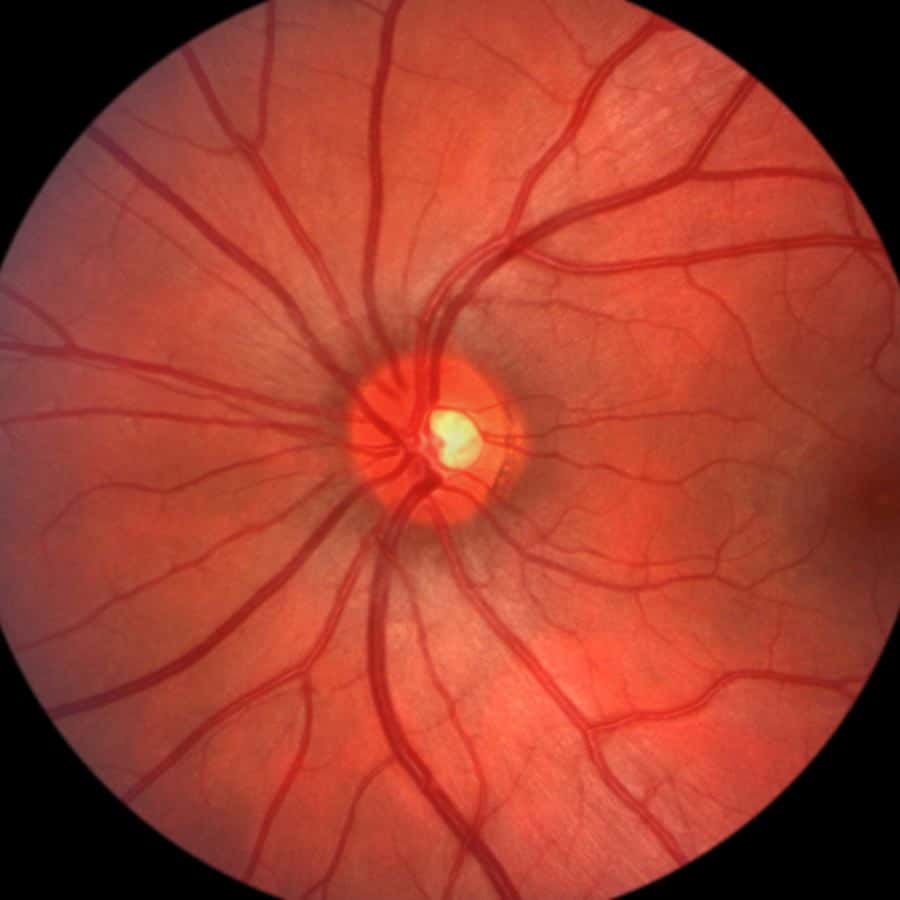
Looking Through the Windows to the Brain
Since at least the 16th century, people have suggested that the eyes are the windows to the soul. In the 21st century, ophthalmologists have developed technology that allows them to assess our health beyond our eyes. What do they see when they look through these windows to the brain?
Eyes as the Windows to the Brain:
Retinal health is an indicator of neurological health. Scientists have found that imaging the retina with novel technology including optical coherence tomography angiography, they can assess the presence of various eye conditions such as glaucoma, age-related macular degeneration and diabetic retinopathy. However, in addition to these potential causes of visual impairment, they can also detect early signs of certain brain conditions that may lead to cognitive dysfunction.
Harnessing AI to analyze the sensitive retinal scans may allow researchers to distinguish between people with mild cognitive impairment and those who are cognitively normal. Scientists have found that such retinal imaging is consistent over time and can help them identify people with Alzheimer disease and Parkinson disease as well as mild cognitive impairment. This technology can detect signs of Parkinson disease earlier in the disease course. With further development of treatments, earlier detection could eventually lead to more timely intervention.
Other Conditions That Show in Your Eyes:
Your eye doctor can tell a lot about your health by checking your eyes. Surprisingly, high cholesterol can show up in the eyes. So does high blood pressure. Multiple sclerosis and myasthenia gravis are less common conditions that may be diagnosed partly on the basis of eye problems. Diabetes and giant cell arteritis can also produce telltale symptoms seen in the eyes.
Talking About Eye Health:
Our guest, Dr. Sharon Fekrat, is a retinal specialist and has done much of the research described above. As an ophthalmologist, she can also answer your questions about common eye conditions. Do you wonder about treatment for age-related macular degeneration? Have you been told you have glaucoma? Dr. Fekrat is standing by to answer your questions.
On this live show, you can call in your question or your comment to 919-962-3366 between 7 and 8 am EDT on September 16, 2023. Please feel free to email your questions ahead of time to radio@peoplespharmacy.com.
This Week’s Guest:
Sharon Fekrat, MD, FACS, FASRS, is professor of ophthalmology and associate professor of surgery at Duke University Medical School. She is associate chief of staff at the Durham VA Healthcare System. Dr. Fekrat has been Director of the Duke Vitreoretinal Surgery Fellowship Program, and Director of Ophthalmology Faculty Career Development. She is currently Director of Duke iMIND Research Group. Dr. Fekrat is the editor, along with Tanya Glaser, MD, and Henry Feng, MD, of All About Your Eyes.

Sharon Fekrat, MD, FACS, FASRS
Dr. Fekrat’s research has been published in Ophthalmology Science (Jan. 31, 2023), British Journal of Ophthalmology (March 2022), JAMA Ophthalmology (Feb. 1, 2021) and many other scientific journals.
Listen to the Podcast:
The podcast of this program will be available Monday, September 18, 2023, after broadcast on Sept. 16. You can stream the show from this site and download the podcast for free.
Citations
- Akrobetu DY et al, "Intrasession repeatability of OCT angiography parameters in neurodegenerative disease." Ophthalmology Science, Jan. 31, 2023. DOI: 10.1016/j.xops.2023.100275
- Wisely CE et al, "Convolutional neural network to identify symptomatic Alzheimer's disease using multimodal retinal imaging." British Journal of Ophthalmology, March 2022. DOI: 10.1136/bjophthalmol-2020-317659
- Robbins CB et al, "Characterization of retinal microvascular and choroidal structural changes in Parkinson Disease." JAMA Ophthalmology, Feb. 1, 2021. DOI: 10.1001/jamaophthalmol.2020.5730

